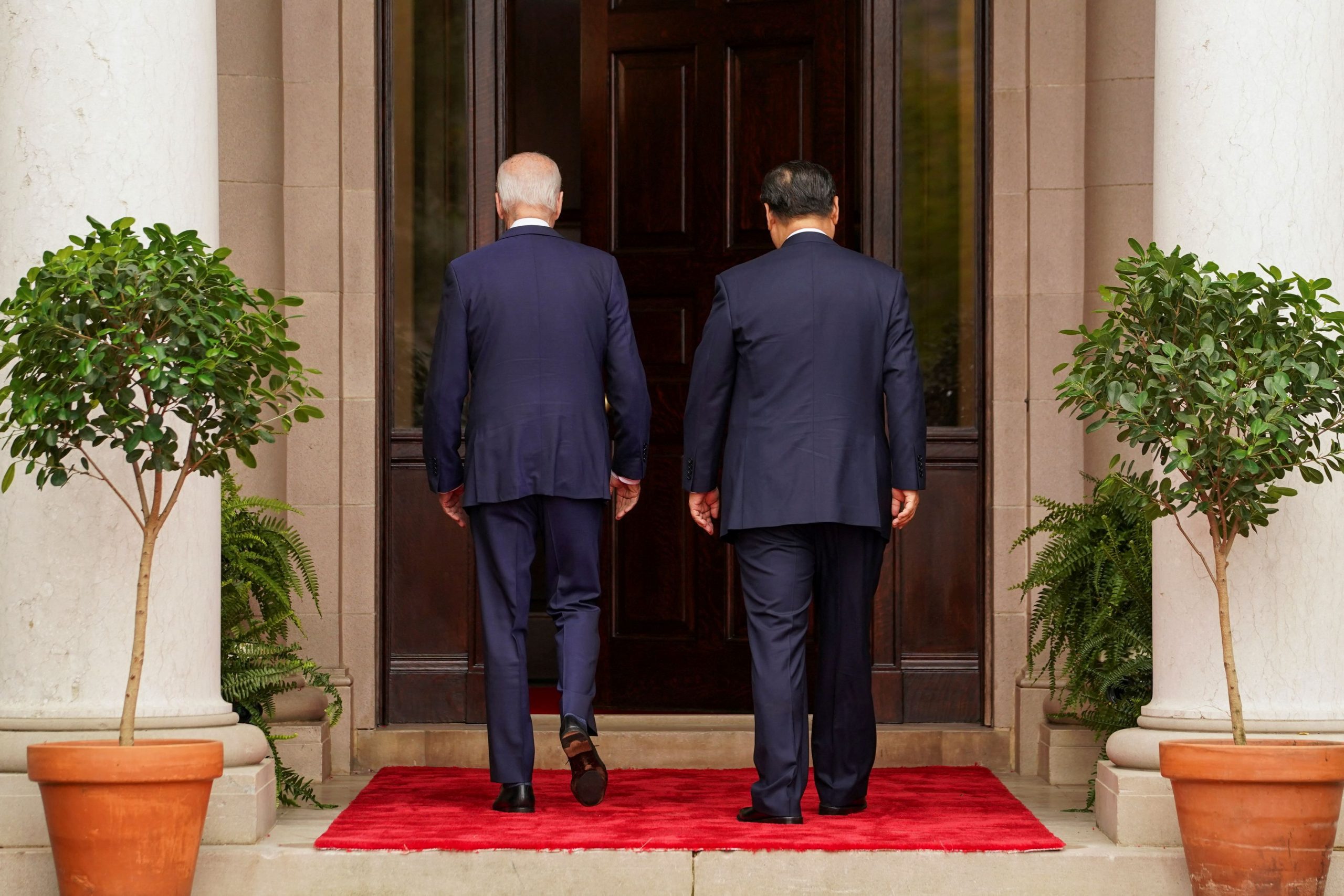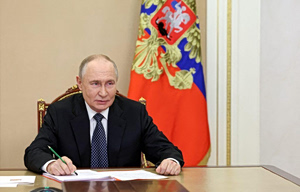Recently, President Joe Biden said that Russia and Hamas represent different challenges for the West, but both ‘want to completely annihilate a neighboring democracy’. The question is how stability could replace disorder. Within this context, the bilateral relationship between the USA and China is of cardinal significance.
Since the years of President Donald Trump this bilateral relationship has entered a phase of tensions. The USA considers China a threat and is doing everything possible to prevent a situation where China would – arguably in the long term – take the lead in the international system. From waging a trade war to building new types of military alliances in the Asia-Pacific, the USA acts a superpower keen on preserving the status quo. History offers many lessons explaining such an attitude.
Under current circumstances, the risk of misunderstandings is rising – including in the military sphere. China emphasizes the protection of what it considers as ‘core interests’ in its neighborhood. Being more powerful in comparison to previous decade, it is striving to support its cause and exhibits its practical opposition to some American policies. In tandem, it successfully forges warm ties with the so-called ‘Global South’ and systematically increases its international footprint.
Antagonism is thus becoming the new normal. The desideratum, however, remains for this antagonism to be manageable. The recent meeting between President Joe Biden and his Chinese counterpart Xi Jinping on the sidelines of the APEC summit in San Francisco echoed the interest of both countries to achieve such a goal. Indeed, the APEC Golden Gate Declaration issued afterwards outlines areas and issues where collaboration in the Asia-Pacific and beyond is feasible.
The USA and China ought to gradually reach a modus vivendi that will allow synergies in spite of existing disagreements. Both the USA and the European Union, for instance, have already publicly encouraged the Chinese government to use its leverage and play a role in the wars of Ukraine and the Middle East. This is indicative of the rising power of China in the international arena. China, of course, would not respond to Western calls without securing its interests in the new world order. This is why dialogue matters. Although the conversation between Presidents Biden and Xi was held behind closed doors, the meeting itself provided some relief to the international community.
The USA remains the only superpower in the world, but China is making impressive steps, among other things in the technological realm. History, again, demonstrates that conflict is not inevitable, and offers relevant models worth of exploration. It is therefore the responsibility of Washington and Beijing to safeguard international stability and make steps toward the creation of a safer world in line with ongoing challenges such as climate change and technology governance. The United National already makes preparations for the ‘Summit of the Future in 2024’. Hopefully, no other opportunity toward synthesis will be missed.



